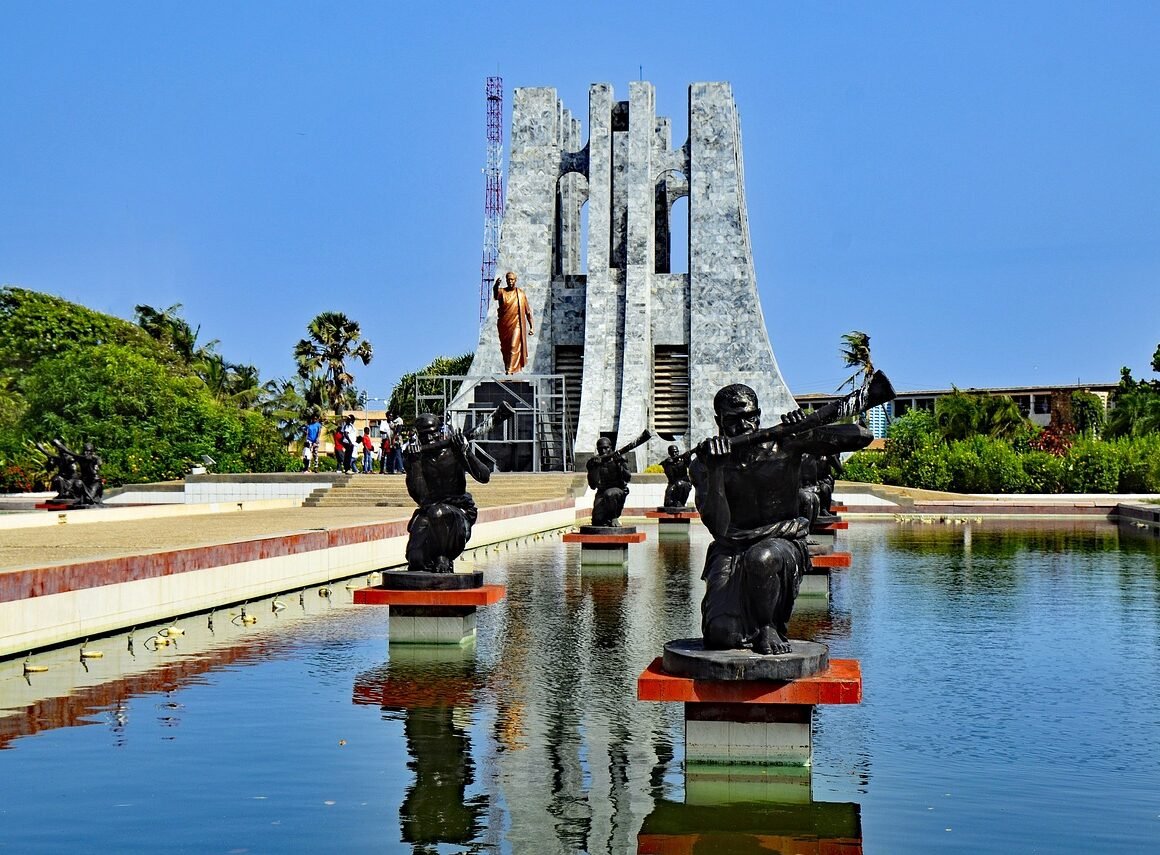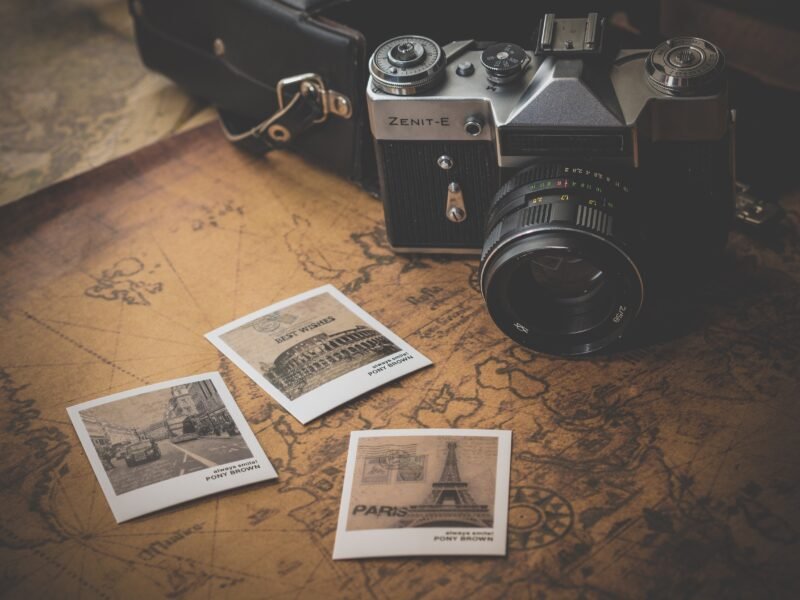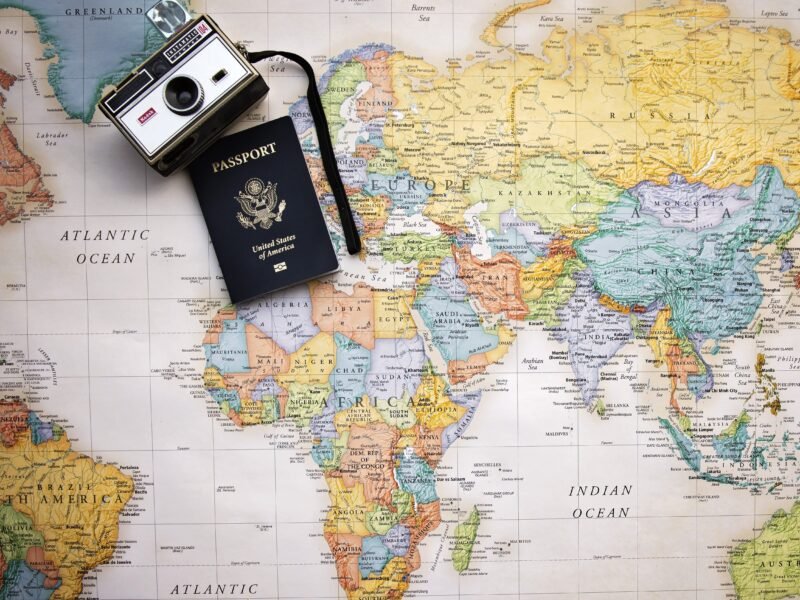Introduction
Are you considering a trip to Ghana? Look no further! This Ghana Travel Guide has everything you need to know before visiting this beautiful West African country. From its vibrant culture and rich history to its stunning landscapes and delicious cuisine, Ghana has something for every traveller. So pack your bags, get ready for an adventure, and let this guide be your ultimate resource for experiencing all that Ghana has to offer.
Best Time to Visit Ghana
The optimal time to visit Ghana is during its dry season, which spans from November to March. During these months, the weather is predominantly dry and cool, making it ideal for exploring the country’s diverse landscapes and attending outdoor cultural events. This period also coincides with many of Ghana’s vibrant festivals, offering travellers a unique glimpse into the country’s rich cultural tapestry. However, be prepared for higher tourist traffic and plan your accommodations accordingly. For those looking to avoid the crowds, the shoulder months of October and April provide a balance of manageable weather and fewer tourists.
Exploring Ghana’s Rich Cultural Heritage
Ghana is a treasure trove of cultural heritage, offering visitors a profound insight into its history and traditions. Explore the historic slave forts along the coast, such as Cape Coast Castle and Elmina Castle, to learn about the transatlantic slave trade’s impact. Immerse yourself in the vibrant Ashanti culture in Kumasi, where you can visit the Manhyia Palace Museum to see regalia, gold jewellery, and other artefacts. Participate in traditional festivals, like the colourful Homowo or the regal Akwasidae, to experience Ghana’s living traditions firsthand. Each encounter provides a deep understanding of the nation’s resilience and spirit.
Unmissable Natural Wonders of Ghana
Ghana’s landscape is adorned with breathtaking natural wonders that beckon every nature lover. Venture into Kakum National Park to traverse the thrilling canopy walkway suspended above the lush rainforest, home to diverse wildlife. The serene Volta Lake, one of the world’s largest man-made lakes, offers boating and fishing opportunities, while the majestic Wli Waterfalls, the highest in West Africa, promise awe-inspiring views and refreshing swims. Don’t miss the unique beauty of the Mole National Park, where you can embark on a safari to spot elephants, antelopes, and leopards in their natural habitat. Each of these natural wonders offers a glimpse into Ghana’s ecological diversity and natural beauty.
Culinary Journey Through Ghana
Embark on a culinary journey through Ghana and indulge in its rich flavours and diverse dishes. Savour the famous jollof rice, a spicy and flavorful one-pot dish that is a staple in Ghanaian cuisine. Don’t miss trying banku and tilapia, a popular combination of fermented corn dough served with grilled fish, complemented by a spicy pepper sauce. For a true taste of local street food, enjoy kelewele, spicy fried plantains that make for a delightful snack. Each meal offers a window into Ghana’s culture, inviting travellers to explore the country’s culinary landscape one dish at a time.
Navigating Ghana: Practical Tips
Navigating Ghana is straightforward, with some preparation. Public transport is reliable; options include buses, shared taxis, and tro-tros (minibuses). For convenience, consider hiring a car with a local driver familiar with the roads. English is widely spoken, making communication easier. Always carry cash, as many places outside major cities may not accept cards. Be mindful of local customs and dress modestly, especially when visiting religious or rural sites. Finally, ensure your vaccinations are up to date and carry mosquito repellent to protect against malaria. With these tips in mind, you’re set for a smooth journey through Ghana.
Conclusion
Ghana is a beautiful West African country with a vibrant culture, rich history, stunning landscapes, and delicious cuisine. The best time to visit is during the dry season from November to March, but the shoulder months of October and April are also manageable. Explore the historic slave forts, Ashanti culture, and traditional festivals to experience Ghana’s rich cultural heritage. Venture into Kakum National Park, Volta Lake, Wli Waterfalls, and Mole National Park to witness the natural beauty and ecological diversity. Don’t miss the chance to try jollof rice, banku and tilapia, and kelewele to indulge in Ghana’s culinary landscape. When navigating Ghana, consider public transport, hiring a car with a driver, carrying cash, dressing modestly, and protecting against malaria.






